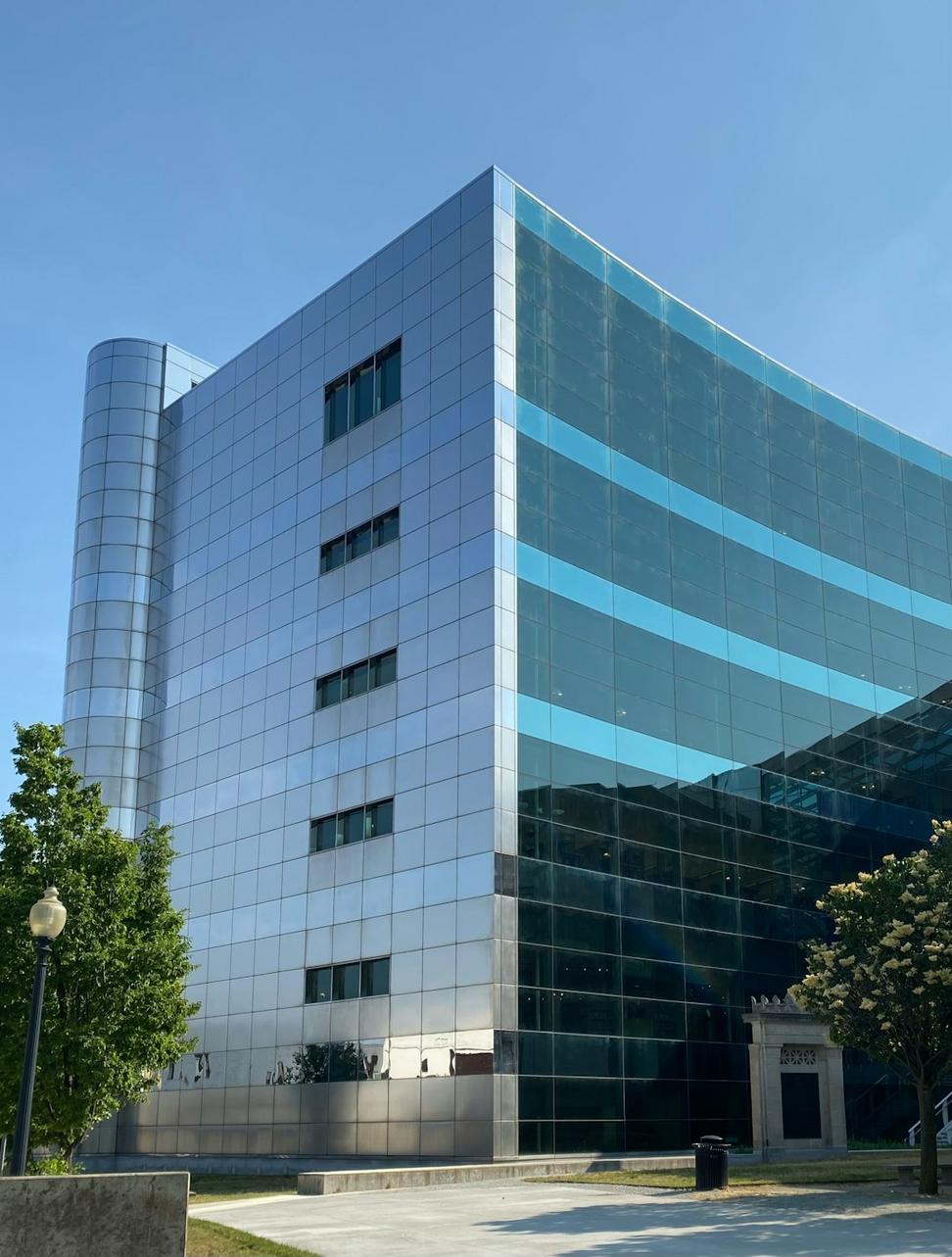
Patent Infringement Defense - Software Company
The Challenge
Our client, a mid-sized software firm, got slapped with a patent infringement lawsuit from a larger competitor. They were claiming our client's AI-driven analytics tool violated three of their patents. The opposing counsel was aggressive, demanding $8.5M in damages and an injunction that would've basically shut down our client's flagship product.
Our Approach
We dug into the patent claims and found they were way broader than the actual innovation. Brought in our tech experts to break down the differences in the underlying algorithms. We also uncovered prior art that predated their patents by 18 months - something their legal team apparently missed. Filed for summary judgment on two of the three claims.
The Result
Two claims dismissed via summary judgment
Third claim settled for $320K (96% reduction from original demand)
No injunction - client's product stayed on the market
Opposing party paid 60% of our client's legal fees

Breach of Contract - Manufacturing Partnership Gone Wrong
The Challenge
A manufacturing client had partnered with a component supplier under what they thought was an exclusive distribution agreement. Turns out the supplier was also selling to our client's direct competitor - at lower prices, no less. The relationship soured fast, and both parties were pointing fingers about who breached first. Our client had already lost about $2.3M in projected revenue.
Our Approach
We combed through every email, every amendment, every side agreement. Found that the "exclusivity" clause had been poorly drafted and actually only applied to one region - not the whole Canadian market like our client believed. But we also discovered the supplier had violated confidentiality terms by sharing our client's pricing structure with competitors. Leveraged that as our primary angle.
The Result
Negotiated settlement: $1.85M compensation for lost revenue & damages
New supply agreement with actual enforceable exclusivity terms
Avoided costly 18-month trial timeline
Relationship salvaged - they're still doing business together

Data Breach Response - Healthcare Tech Startup
The Challenge
Got a frantic call at 11pm on a Friday - a healthtech startup had just discovered unauthorized access to their patient database. About 47,000 records potentially exposed. They were freaking out about PIPEDA compliance, possible class action lawsuits, and their reputation going down the drain. The breach had happened three weeks earlier but they'd only just detected it.
Our Approach
Immediate crisis mode. Coordinated with their IT forensics team to contain the breach and document everything. Worked through the weekend drafting notification letters that met regulatory requirements without making things worse. Liaised with the Privacy Commissioner's office proactively. Set up a response hotline for affected individuals. Meanwhile, we were also shoring up their legal position against potential lawsuits and negotiating with their insurance carrier on coverage.
The Result
Full regulatory compliance achieved - no fines from Privacy Commissioner
Only 3 individual complaints filed (settled quietly for nominal amounts)
No class action materialized
Insurance covered 85% of response costs
Implemented ongoing compliance program to prevent future incidents

Post-Acquisition Dispute - Earnout Payment Fight
The Challenge
Our clients (founders of a SaaS company) had sold their business 18 months prior with a hefty earnout structure - up to $12M based on hitting revenue targets. When earnout time came, the acquiring company claimed the targets weren't met and offered only $800K. Our clients had the spreadsheets showing they'd actually exceeded targets by 14%. The acquirer was playing games with how they calculated revenue post-acquisition.
Our Approach
This is why we always tell clients to nail down the earnout metrics in excruciating detail. Luckily, we'd helped draft the original purchase agreement, so we knew exactly where the vulnerabilities were - and weren't. Hired a forensic accountant who could speak 'acquisition accounting' fluently. Demonstrated that the acquirer had shifted revenue recognition methods post-closing specifically to reduce the earnout. That's a no-go.
The Result
Arbitration award: $11.2M earnout payment (93% of maximum)
Interest on delayed payment: additional $780K
Acquirer paid 70% of arbitration costs
Resolved in 7 months vs. years in court

Trademark Opposition - Brand Identity Protection
The Challenge
A consumer goods client had been building their brand for 8 years when a larger US company filed for a similar trademark in Canada. The marks weren't identical but close enough to cause serious confusion in the marketplace. Our client had common law rights but hadn't gotten around to formal registration (yeah, we gave them the "I told you so" speech). The US company had deeper pockets and was ready to fight.
Our Approach
Filed an opposition based on prior use and likelihood of confusion. Gathered evidence of our client's continuous use dating back to 2016 - invoices, marketing materials, social media archives, even testimonials from confused customers who'd already mixed up the brands. Made the case that allowing the registration would cause real marketplace harm. The key was proving our client's brand had acquired distinctiveness in Canada before the US company ever showed up.
The Result
Opposition successful - US company's application rejected
Our client's trademark application approved with priority dating
Coexistence agreement reached for US market
Brand identity preserved in Canadian market

Regulatory Investigation Defense - Financial Services
The Challenge
A fintech client received notice they were under investigation by regulators for potential violations of anti-money laundering requirements. This wasn't just scary - it was existential. If they got hit with enforcement action, they'd lose their operating license. The investigation focused on their customer onboarding processes and transaction monitoring systems during a 14-month period.
Our Approach
Conducted an internal investigation parallel to the regulatory one - needed to know what we were dealing with before the regulators did. Found some gaps in their compliance program but nothing that suggested intentional wrongdoing. Prepared detailed submissions showing the company's good faith efforts to comply, including significant investments in compliance infrastructure. Negotiated extensively with regulators to demonstrate remediation efforts already underway.
The Result
No enforcement action taken
Administrative settlement with enhanced compliance undertakings
License preserved - company continues operating
No monetary penalty imposed
Implemented comprehensive compliance overhaul